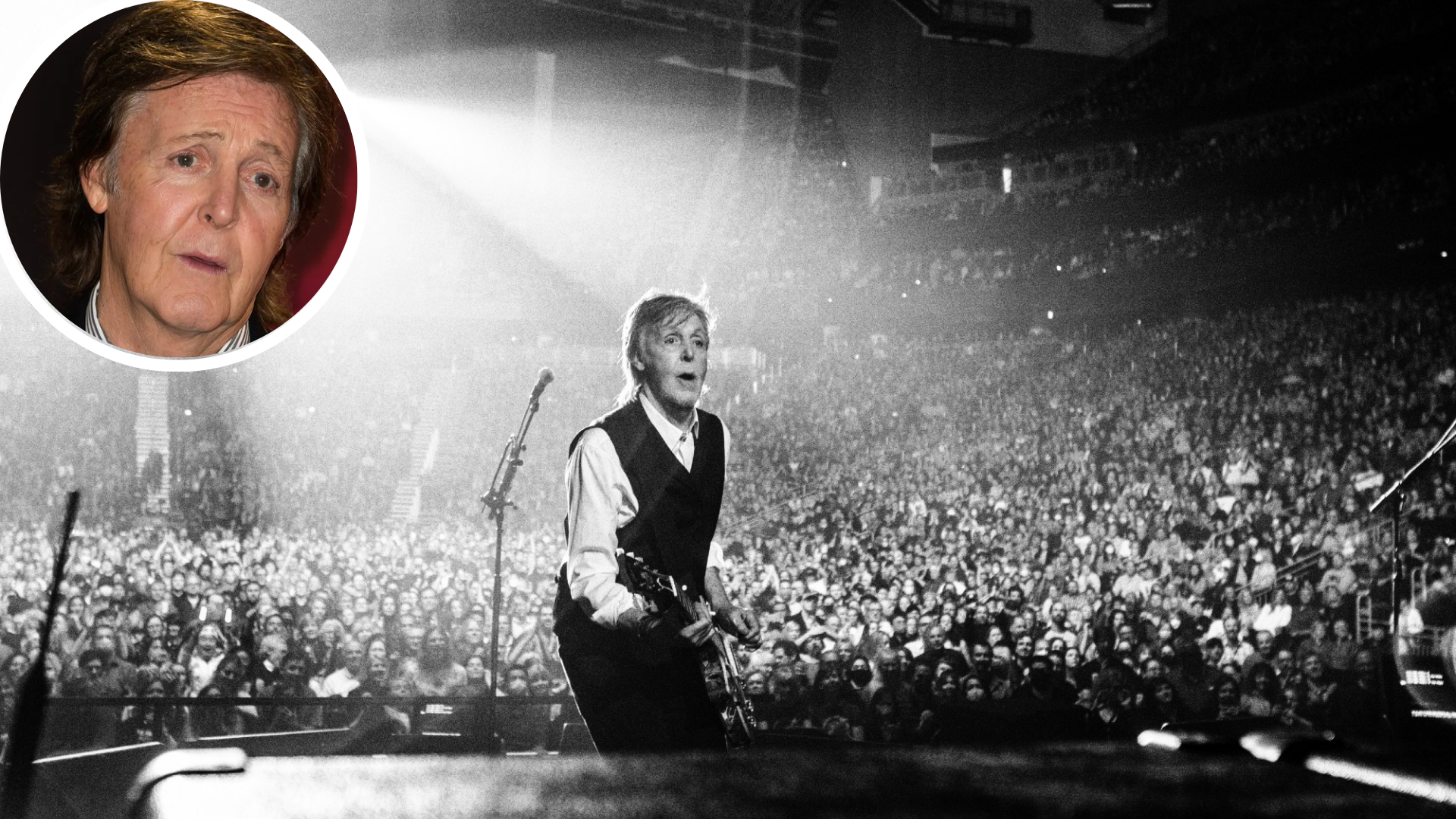
When Paul McCartney launched his 2013 album New with “Save Us,” it set the tone immediately — urgent, restless, and pulsing with life. At a stage in his career when many artists lean fully on nostalgia, Paul delivered a song that proved he wasn’t done pushing forward. This wasn’t a comfortable reflection; it was a cry of need, desire, and survival.

From the first jagged guitar riff, the track grabs you. The production by Paul Epworth (best known for his work with Adele) gives it a muscular, modern edge, with pounding drums and gritty guitars that frame Paul’s vocal. And that vocal is striking — weathered by time yet full of energy, he sings with urgency, almost desperation: “Save us from the night.” The plea feels both personal and universal, as though he’s reaching for deliverance from loneliness, chaos, or even inner demons.
Lyrically, the song thrives on simplicity, but the simplicity is deceptive. At one level, it can be read as a love song, calling out for rescue in the arms of another. At another, it feels spiritual — the voice of someone searching for light when surrounded by shadow. That duality is classic McCartney, wrapping the deepest emotions in words that are at once direct and open to interpretation.
Musically, “Save Us” is one of McCartney’s fiercest 21st-century tracks. The rawness of the guitars, the propulsive rhythm, and the soaring melody in the chorus show an artist who still wants his songs to move — physically and emotionally. There’s fire here, a refusal to settle into softness.
What makes the song especially powerful is its placement as the opening track on New. It tells the listener right away: Paul McCartney is not a museum piece. He is still restless, still searching, still urgent. At 71, he wasn’t content to coast — he wanted to make music that sounded alive in the present moment.
In the end, “Save Us” is more than just a rock song. It’s Paul McCartney showing us that creativity has no age, that urgency doesn’t fade with time, and that even legends still cry out for connection and salvation. The message is as timeless as the man himself: no matter who you are, we all need saving sometimes.